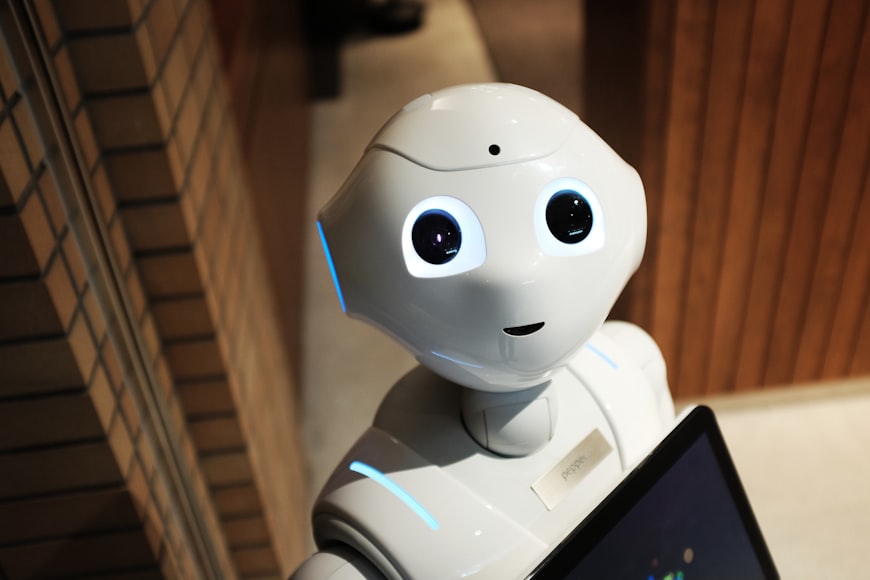The future of work and how technology is shaping it
The future of work and how technology is shaping it
The future of work is rapidly evolving with the incorporation of technology.
The advent of new technologies like artificial intelligence, automation, and the Internet of Things (IoT) has changed the way work is done, how people communicate with each other, and how they access information. This article will explore the ways technology is shaping the future of work and what changes are in store for employees, employers, and the workforce as a whole.
One major shift brought about by technology is the rise of remote work. The pandemic has accelerated the trend of remote work, but even before the pandemic, companies were beginning to embrace this shift. With the help of cloud computing and other technological advancements, employees are now able to work from anywhere and at any time, making it possible for companies to access a much wider pool of talent.
Another area where technology is having a big impact is in the automation of tasks. With the development of artificial intelligence and machine learning, repetitive tasks like data entry and processing can now be automated, freeing up employees to focus on more strategic and creative work. This is likely to lead to the creation of new, high-skilled jobs in fields like data analysis and cybersecurity.
The Internet of Things (IoT) is also having a major impact on the future of work. IoT devices and sensors are becoming ubiquitous in the workplace, providing companies with real-time data and insights into their operations. This data is being used to improve efficiency, reduce waste, and increase productivity. Additionally, the widespread use of IoT devices is enabling companies to create smart factories, where production lines are fully automated and controlled by sensors and algorithms.
Another way technology is shaping the future of work is through the use of virtual and augmented reality. Virtual reality is being used to train employees in complex and dangerous situations, while augmented reality is being used to provide real-time information and guidance to employees on the job. These technologies are improving employee safety, while also making it easier for workers to collaborate and share information.
In conclusion, technology is having a profound impact on the future of work, transforming the way people communicate, access information, and perform their jobs. As technology continues to advance, it is likely that these changes will continue and accelerate, leading to new opportunities and challenges for workers and employers alike. The key for both is to be flexible, adaptable, and proactive in embracing the changes brought about by technology.
Technology is incredibly important for the future as it drives innovation, improves efficiency and productivity, and shapes the way we live, work, and communicate. The use of technology is transforming industries, creating new job opportunities, and enabling businesses to reach new heights.
For individuals, technology provides access to a wealth of information, helps people connect with others, and provides new opportunities for learning and personal growth. Technology has also improved healthcare, making it easier for people to access medical services and receive diagnoses and treatments.
In terms of global development, technology has the potential to solve some of the world's most pressing problems, such as climate change, poverty, and inequality. For example, renewable energy technologies like solar and wind power are becoming more prevalent, which is helping to reduce our dependence on fossil fuels and mitigate the effects of climate change.
In summary, technology is playing an increasingly important role in shaping our future and will continue to do so. Therefore, it is crucial for individuals and organizations to stay up-to-date with technological advancements and to be proactive in embracing new technologies to stay ahead of the curve.







No comments: